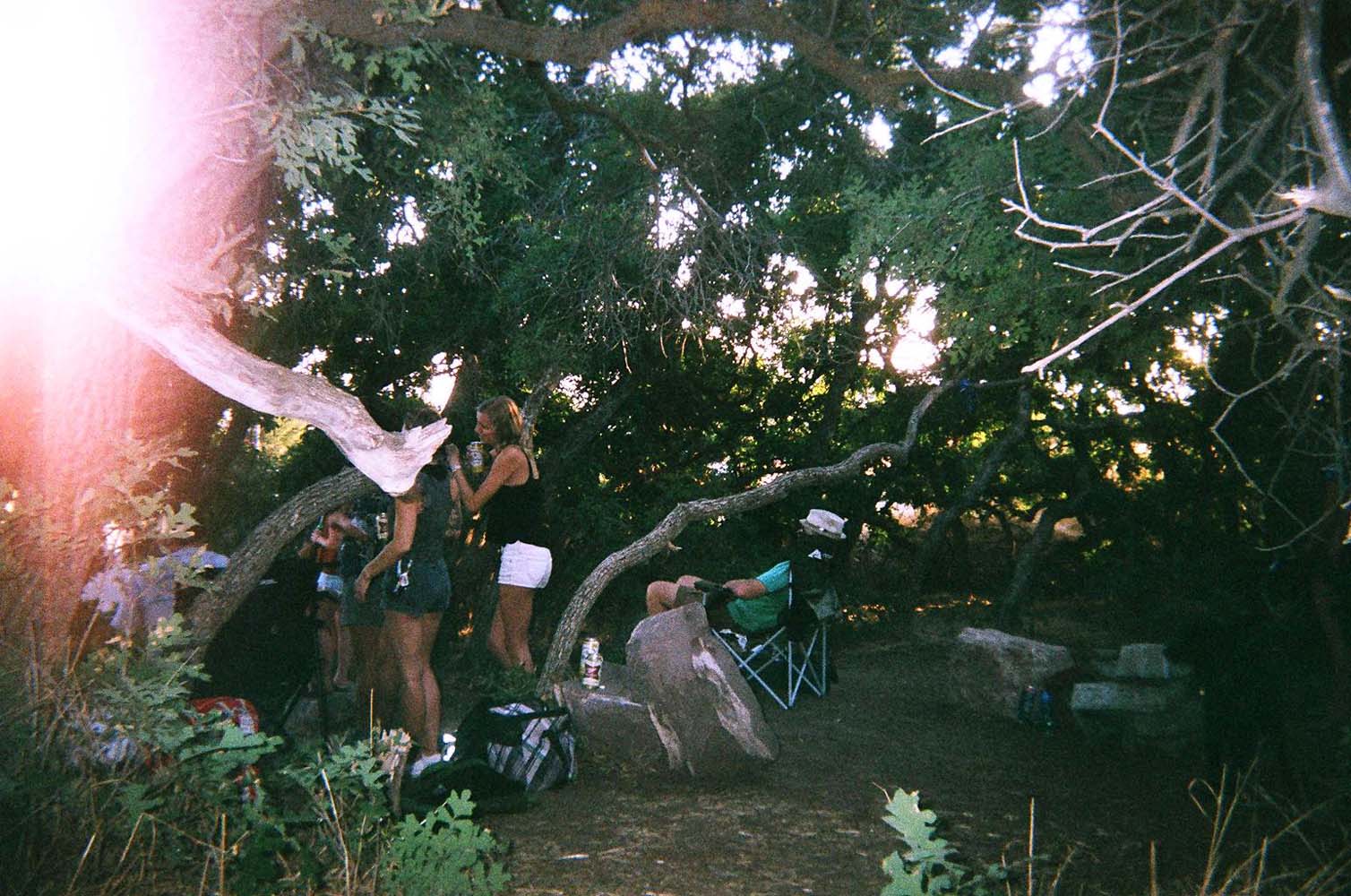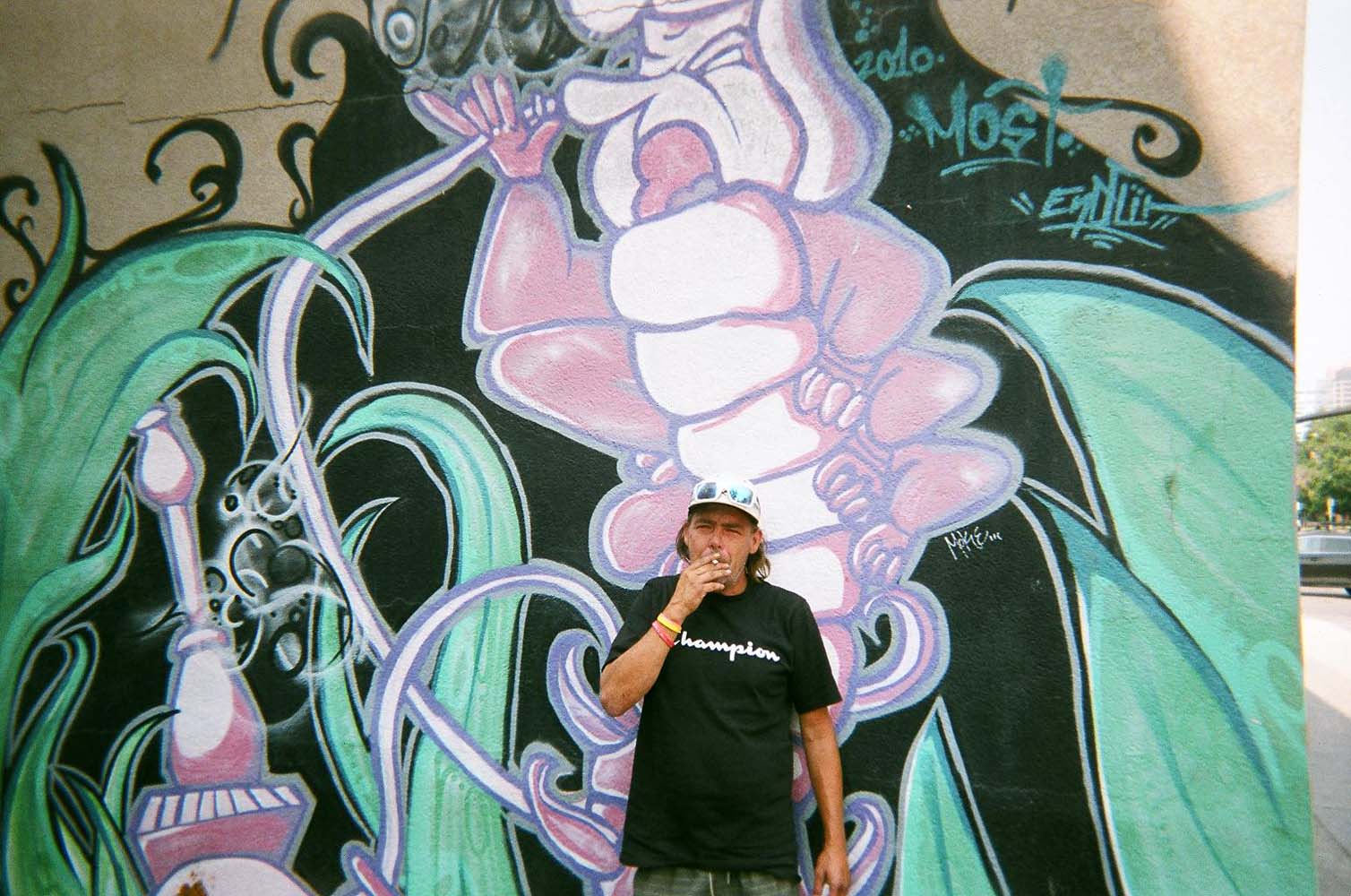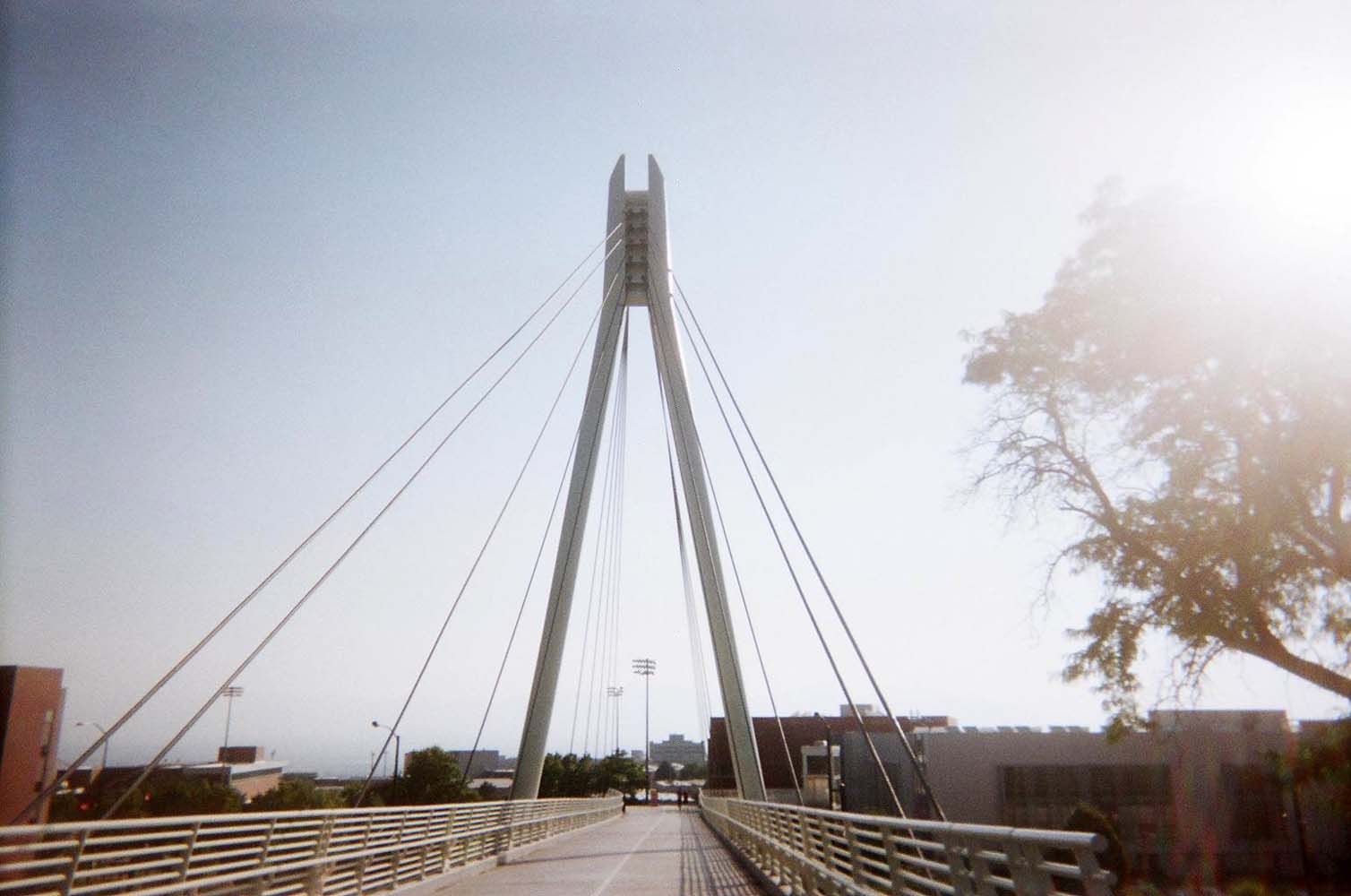Chris Coons is a 54-year-old electrician who became homeless after a spell of misfortune left him without a job or his family.
Coons’ goal was to show law enforcement’s interactions with the homeless community, particularly since Operation Rio Grande.
“I [wanted to] photograph the cops and see how they do things different now than they did before, and it ain’t a whole lot different. It’s just the Highway Patrol instead of the Salt Lake cops. Nowadays there’s more of them,” Coons said.
While Coons believed during the initial phase of Operation Rio Grande that Utah Highway Patrol troopers had better “bedside manner, better rapport with the people,” he says now they’re as tired of dealing with the homeless community as the city police are.
“How many times do you give a guy a ticket, take him to jail and see him on the street two hours later and realize, your job sucks, you know? Those guys gotta feel horrible,” Coons said. “They gotta feel like they’re not getting their job done.”
He doesn’t believe the housing problem is something Salt Lake City can police its way out of.
“They need therapists. They don’t need cops. This is not a criminal problem,” Coons said. “This is a medical problem that they’re trying to criminalize.”

“That one Karen took, because that building looked really, really cool. The sun on it. I was like, ‘OK, I’ll let you snap that one," said Coons.

“I’d been doing tai chi for about two months, three months, and all of the sudden I started on these antidepressants, and I could not remember the moves. I couldn’t remember what I’d been doing for four months. And I kind of used the tai chi to monitor the drugs as to how they were affecting me," Coons said.
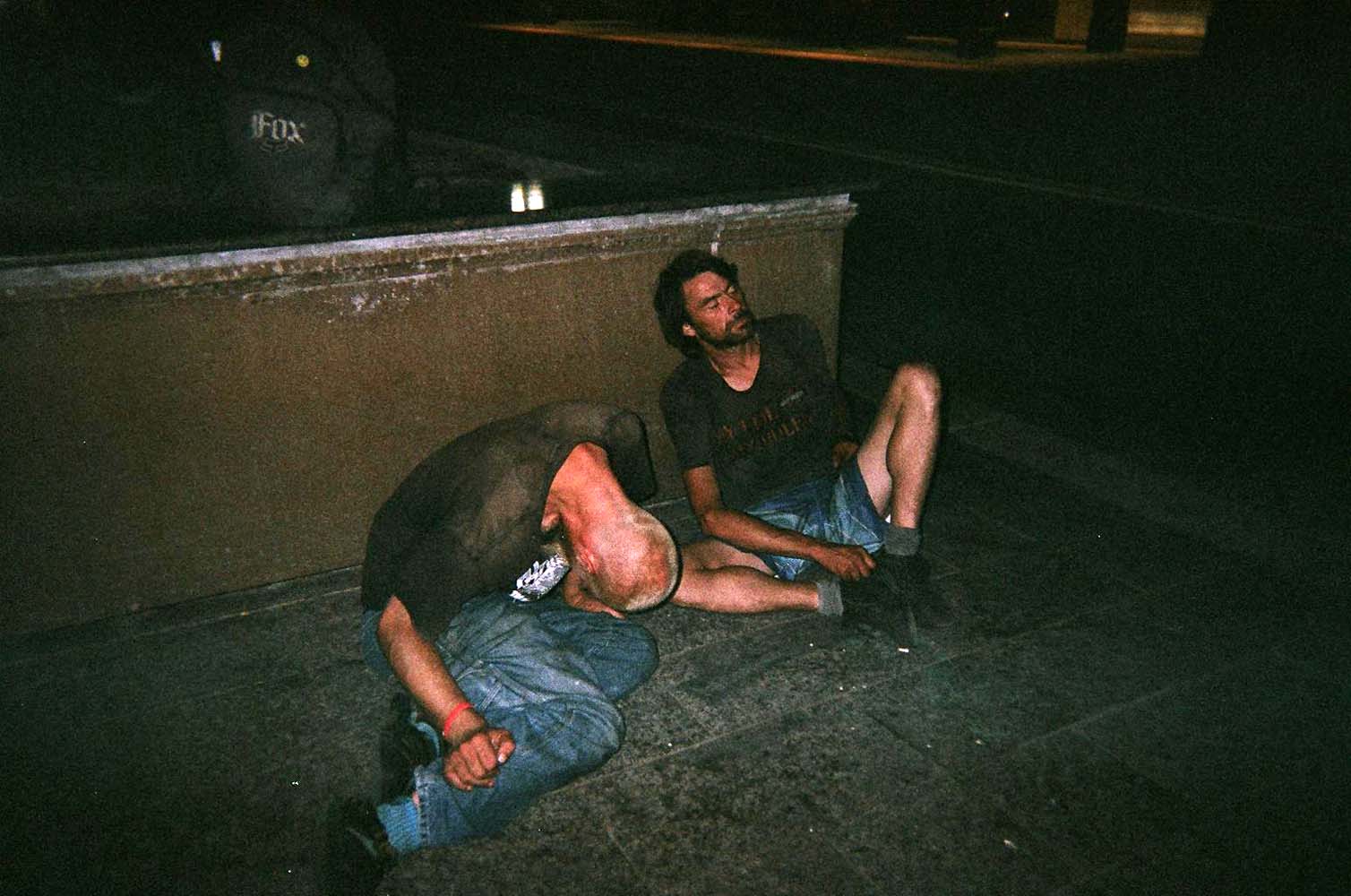
"There’s Emile and Whitey that’s spizzed out."


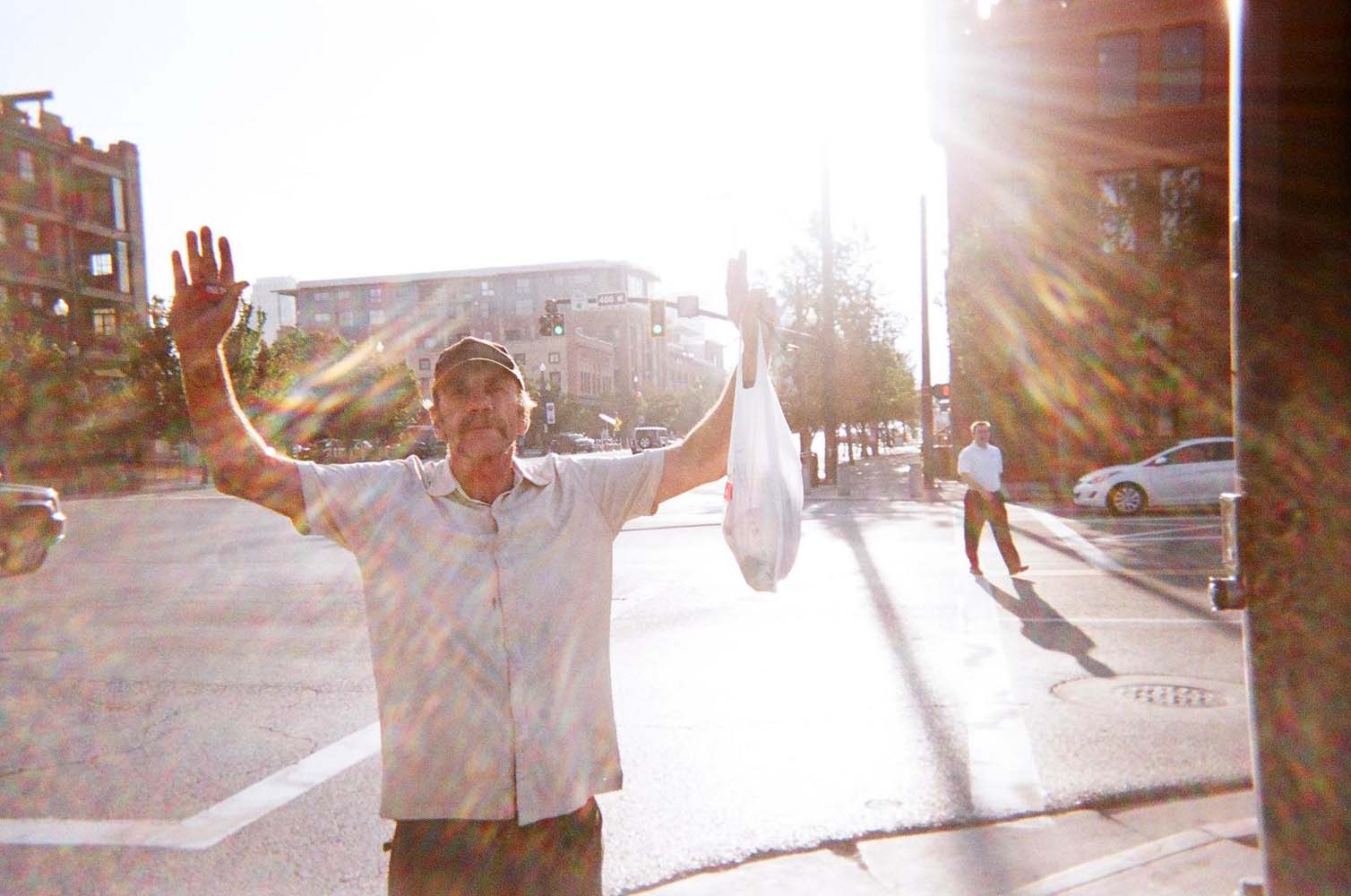
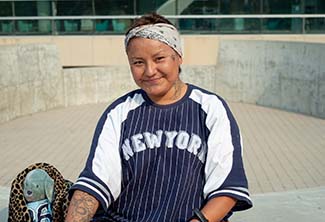
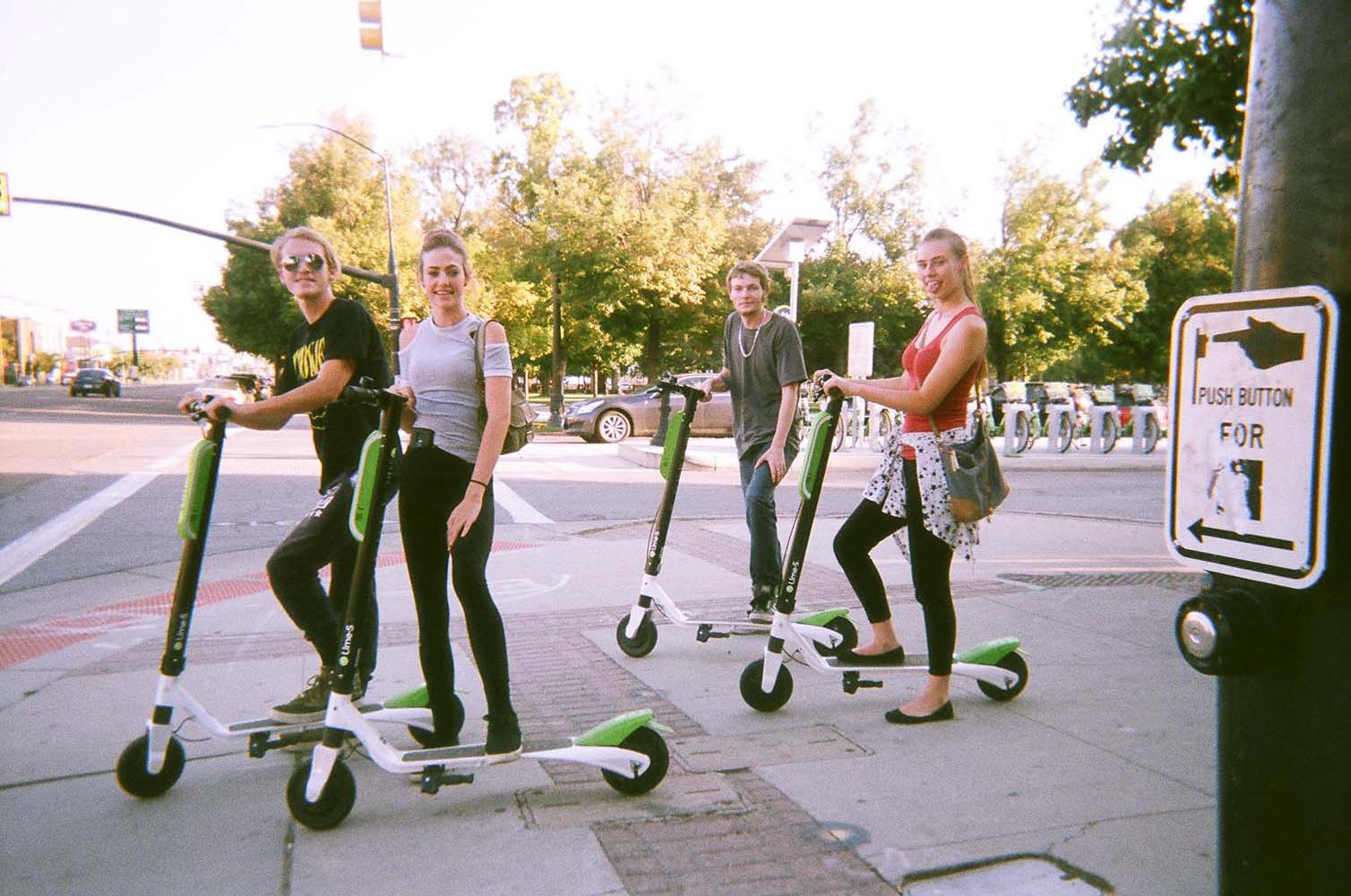




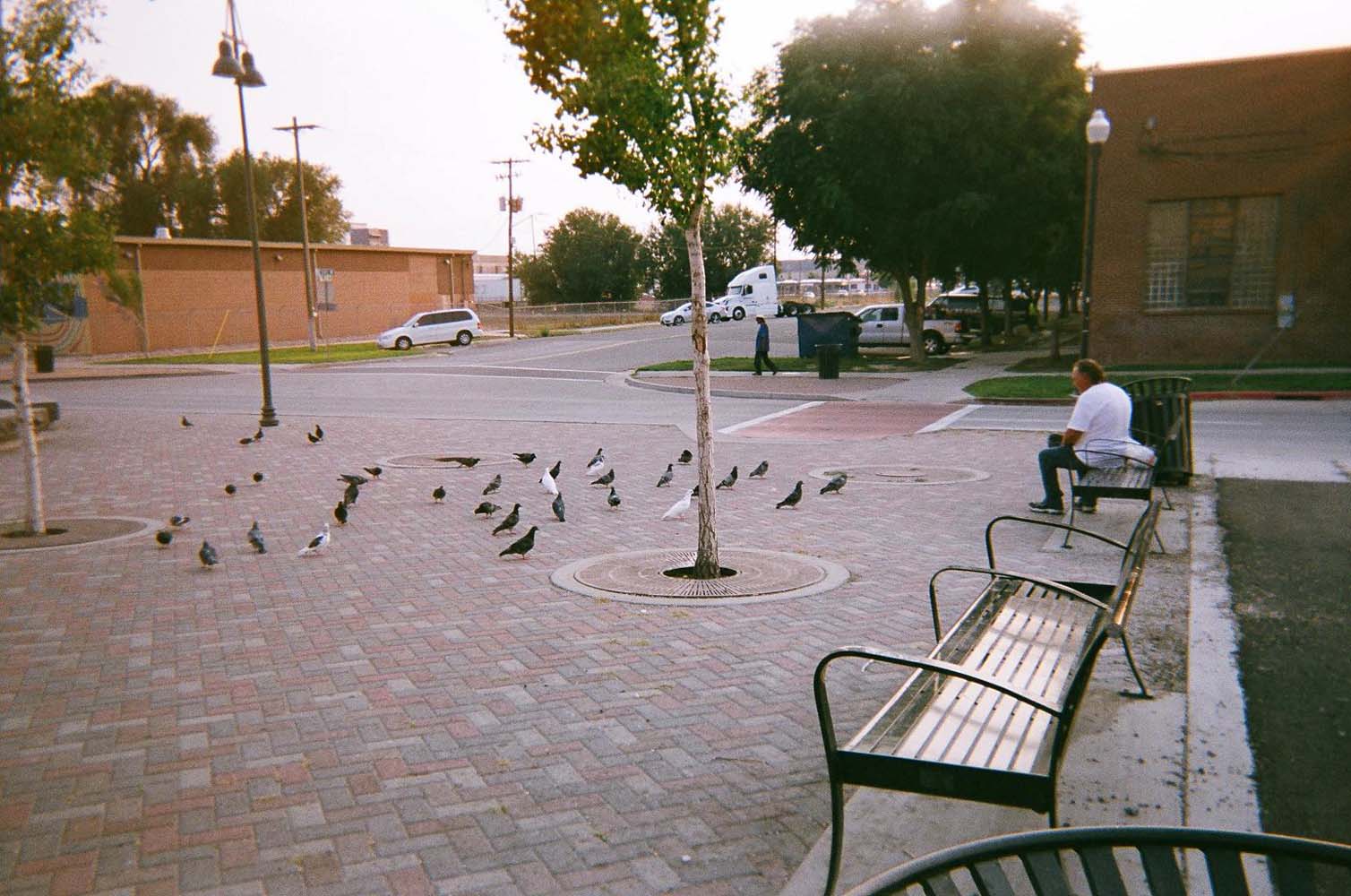
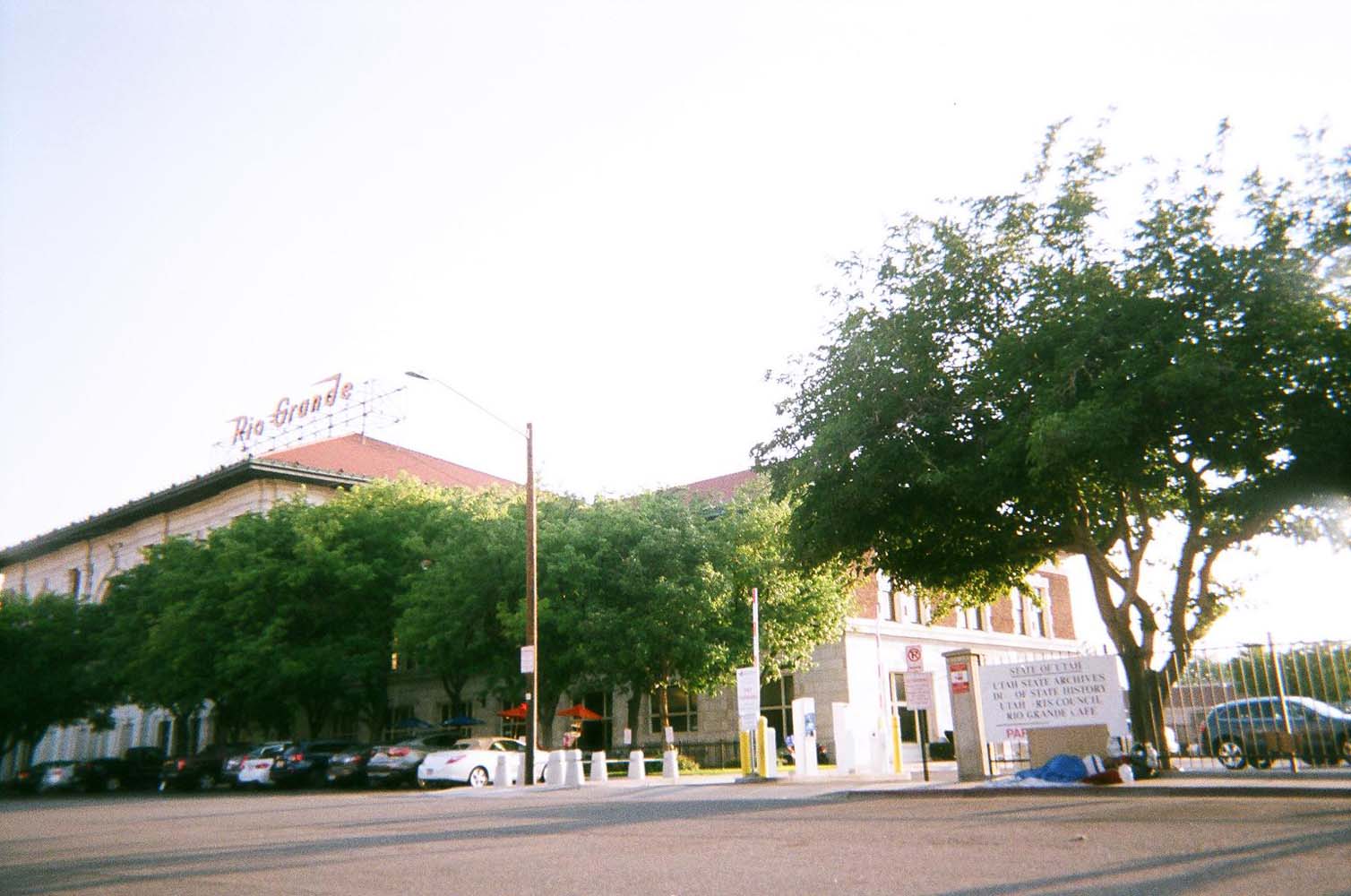
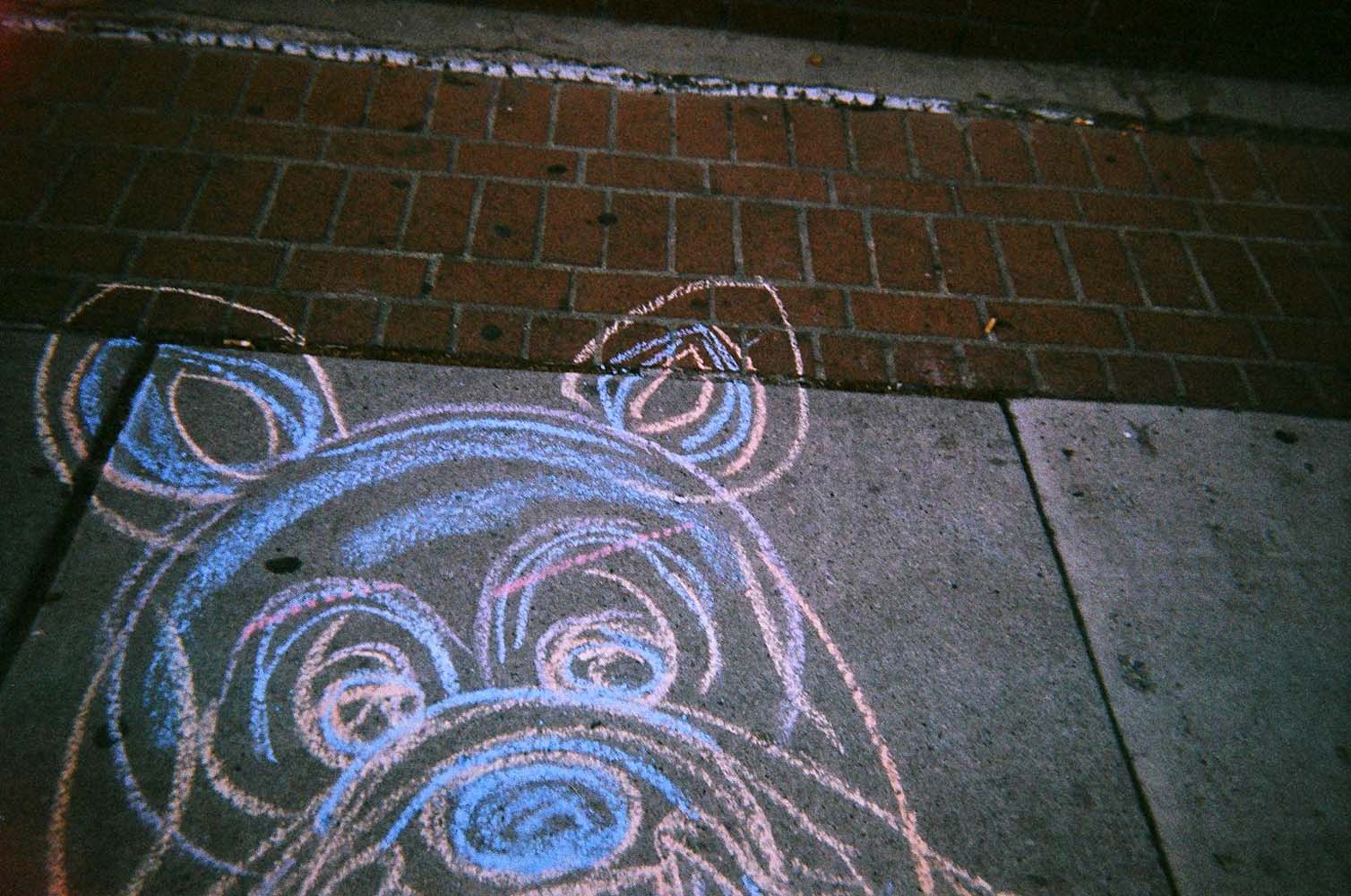
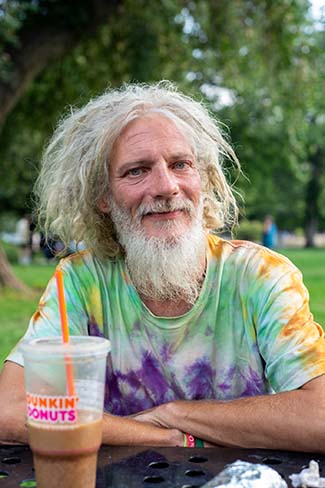
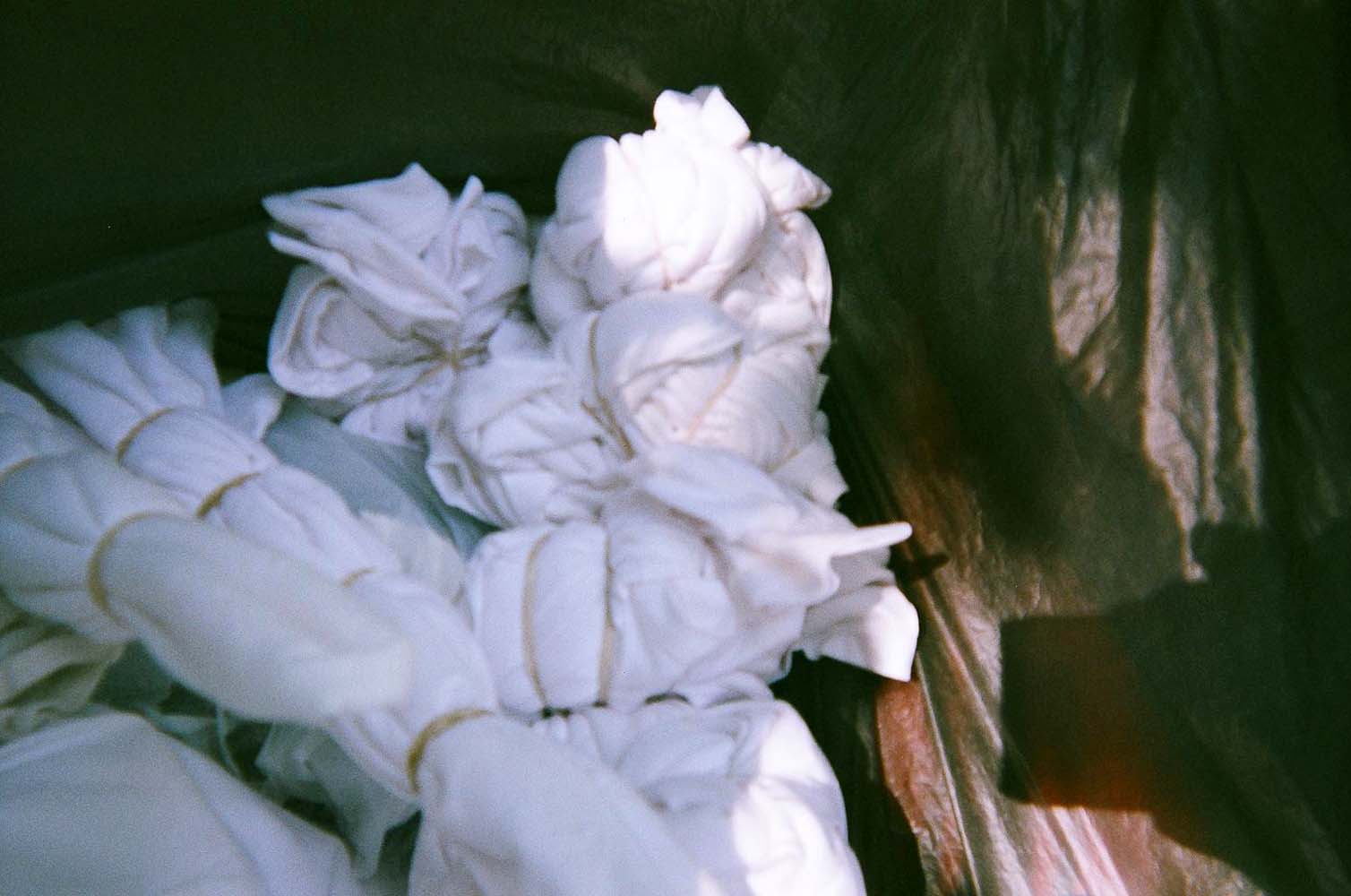


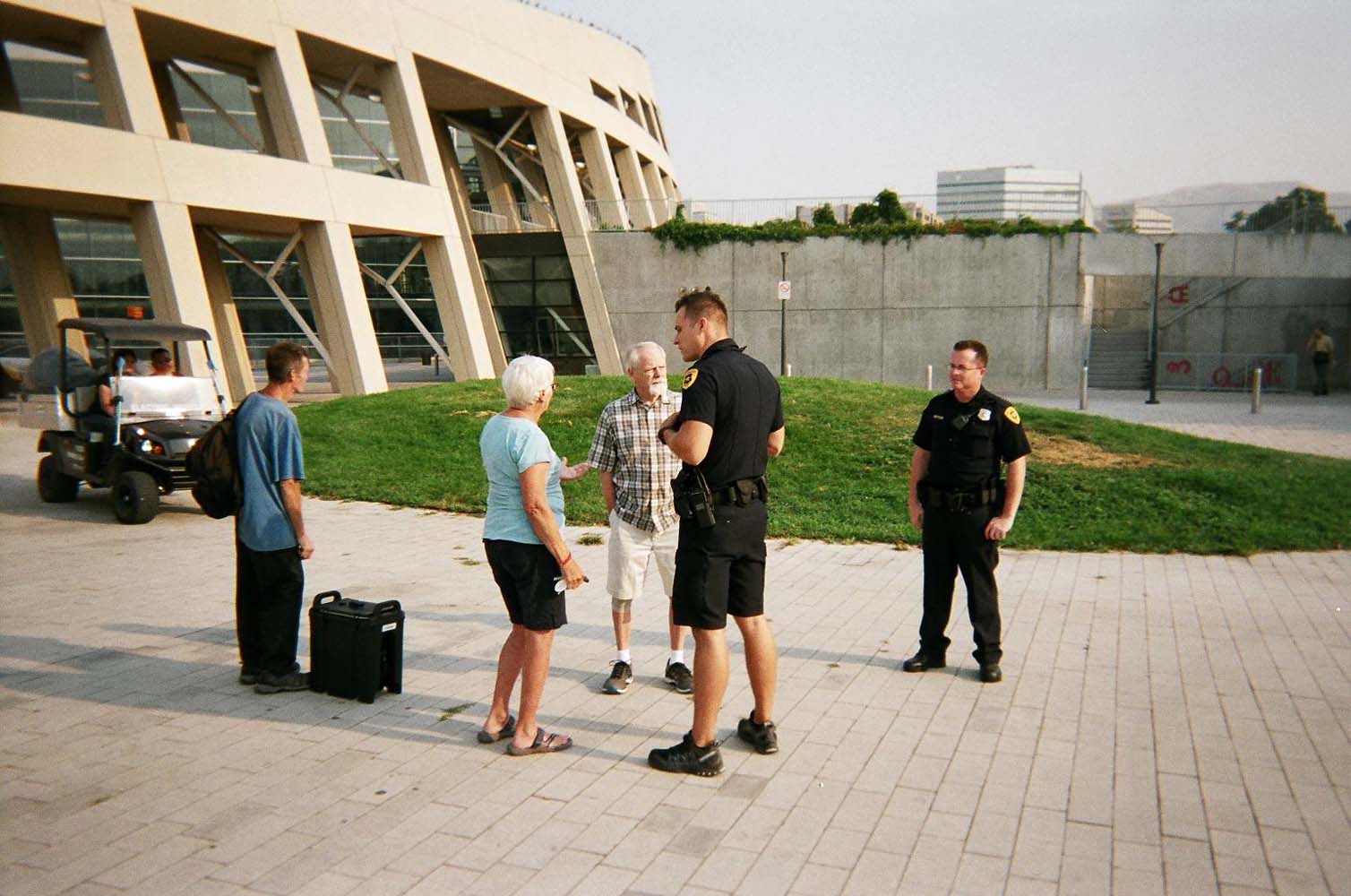
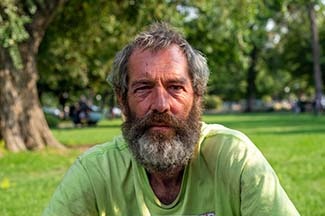



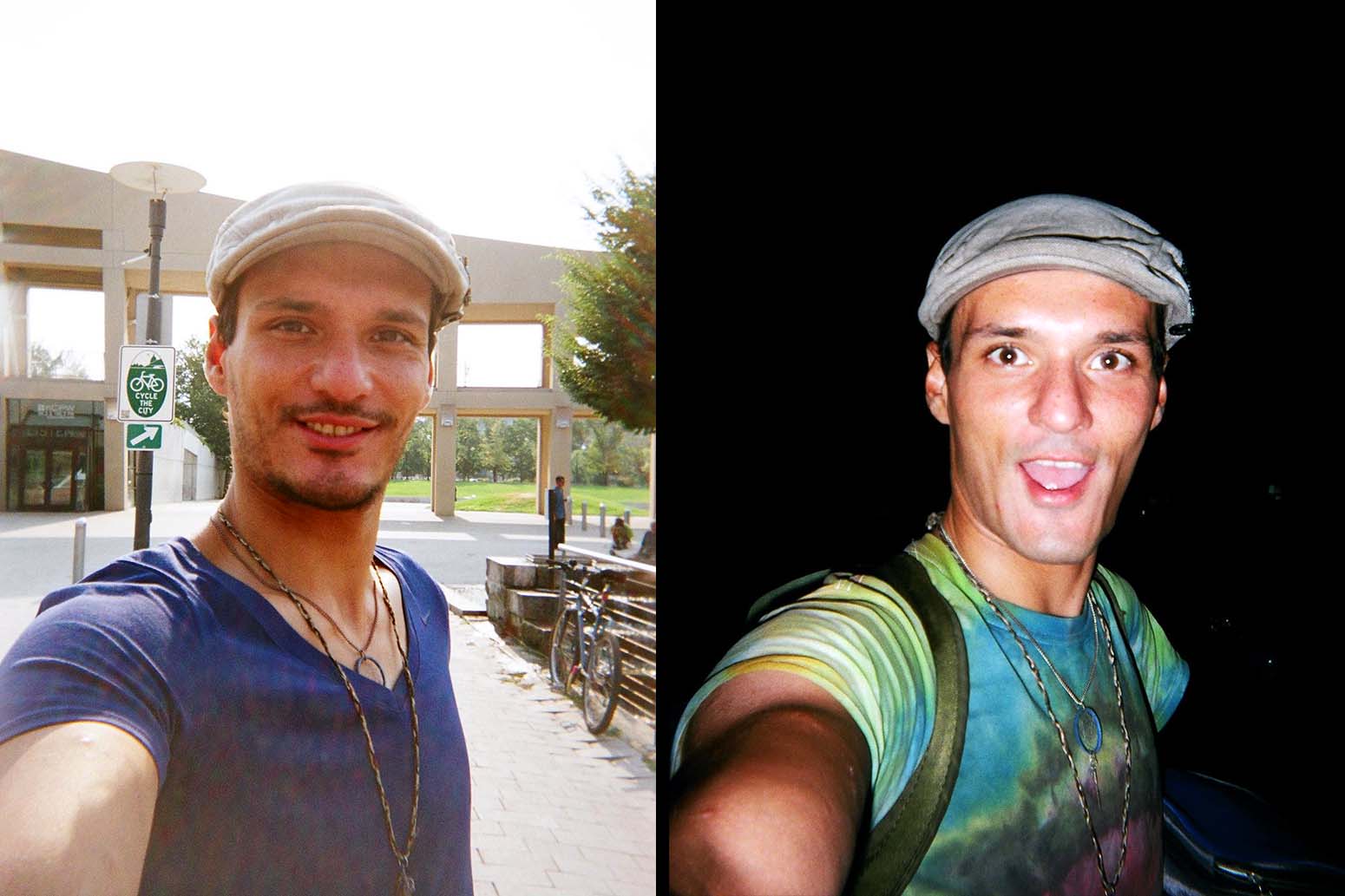
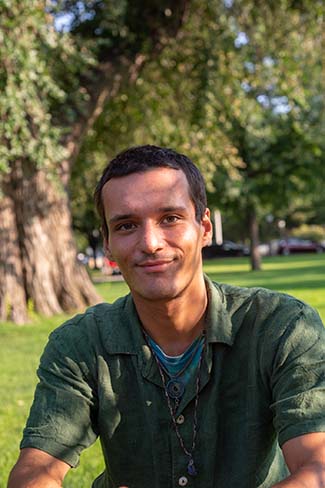



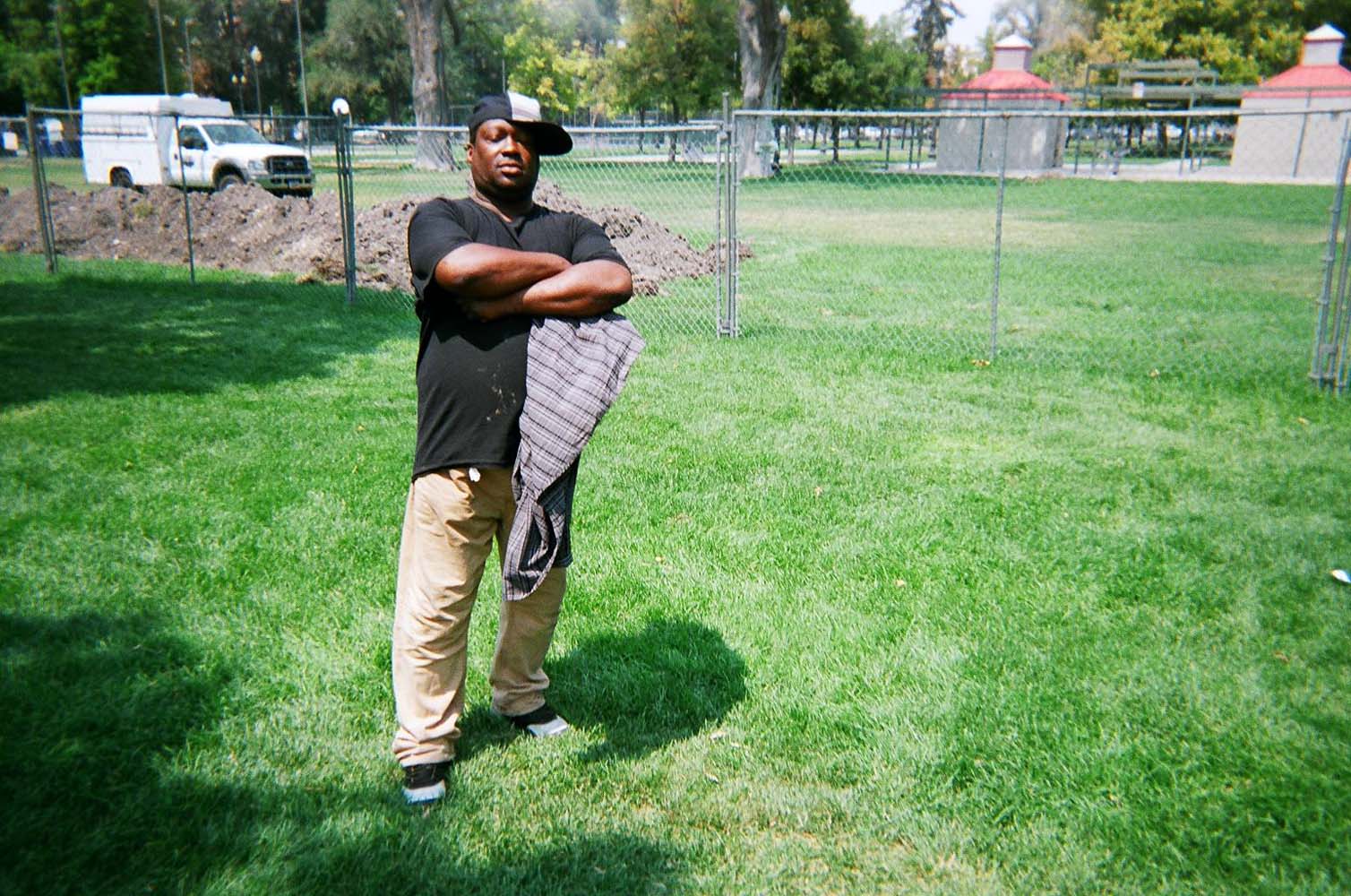
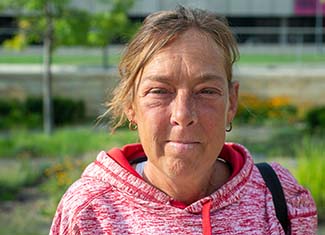



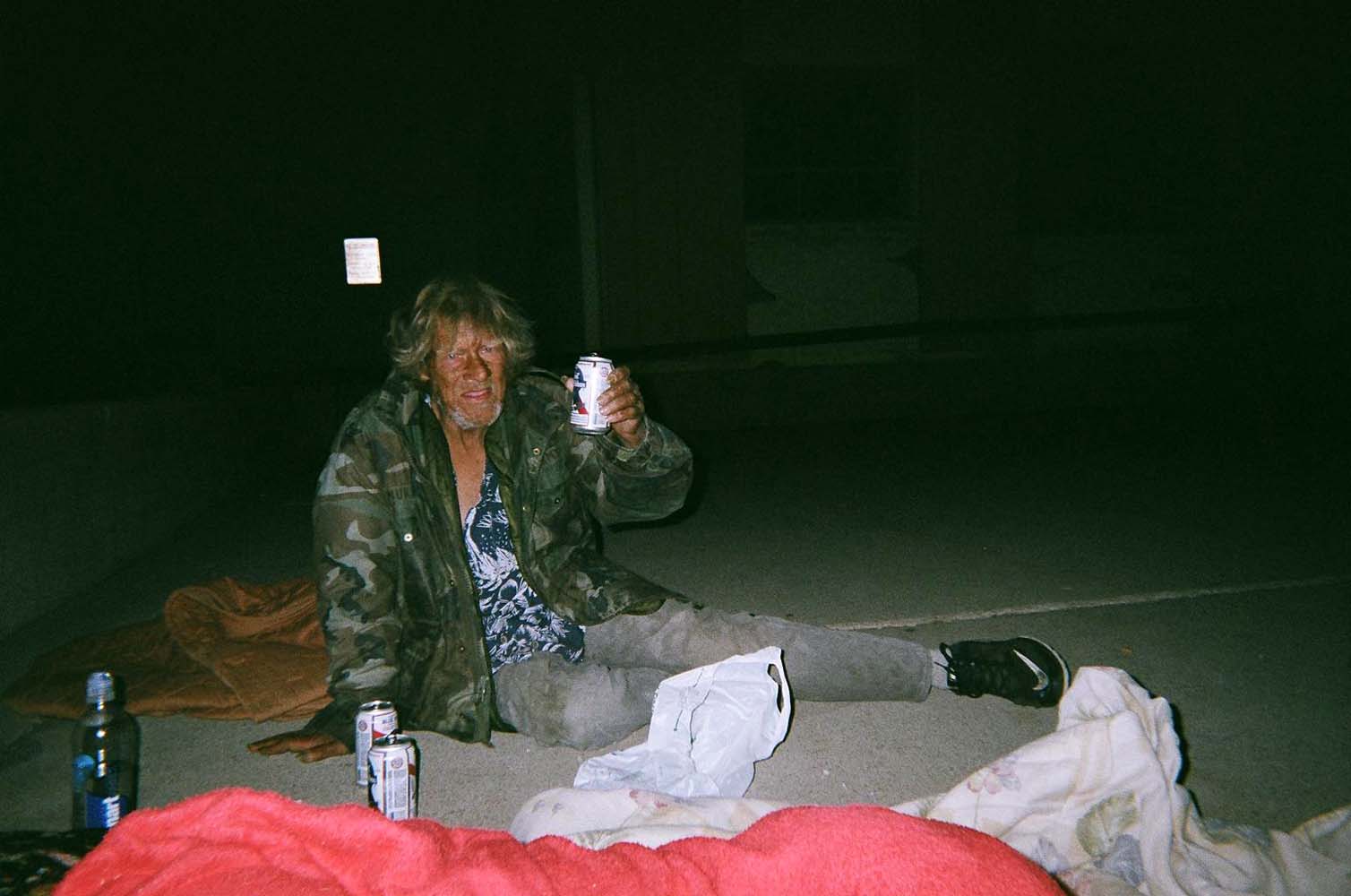
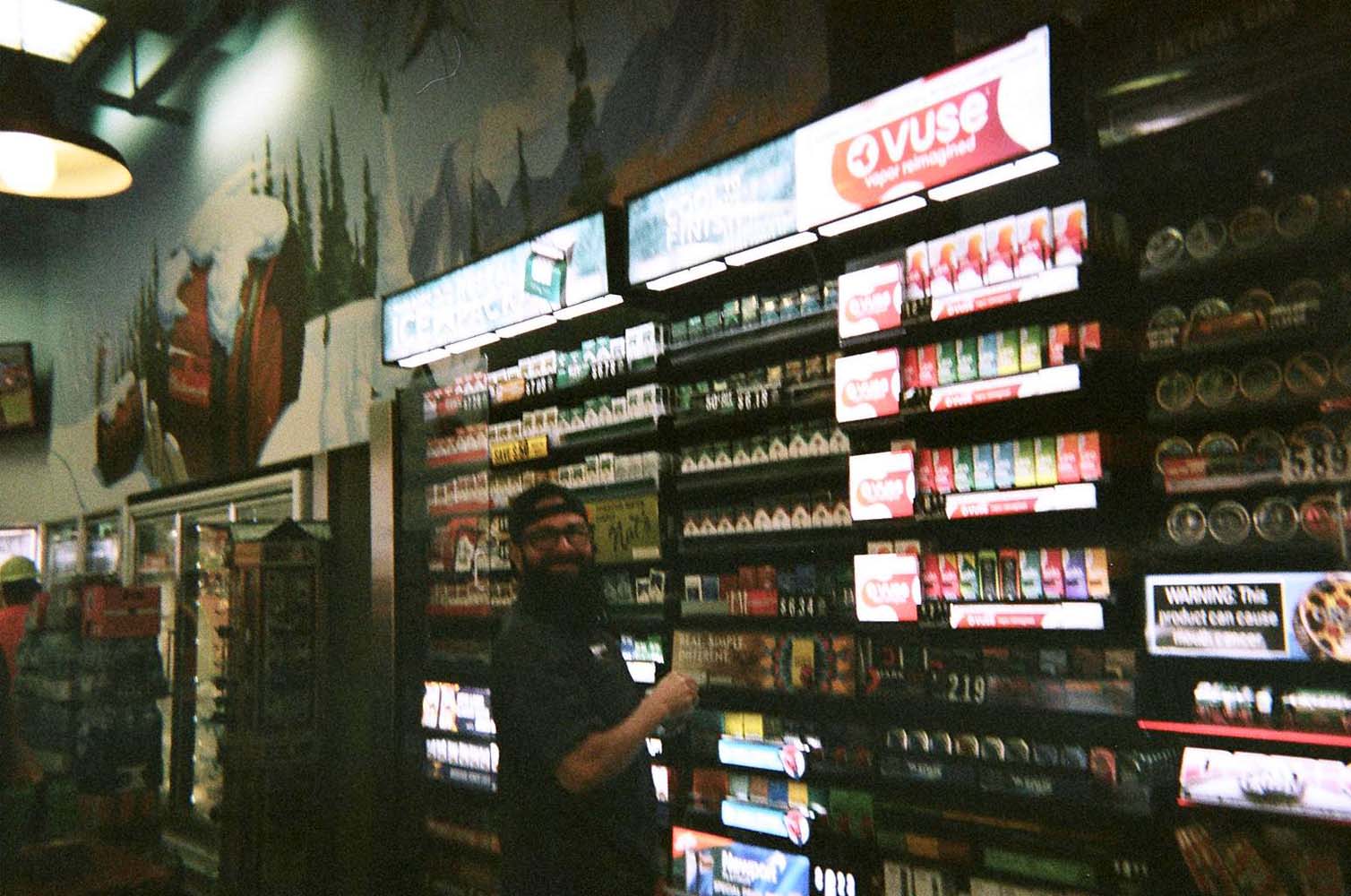
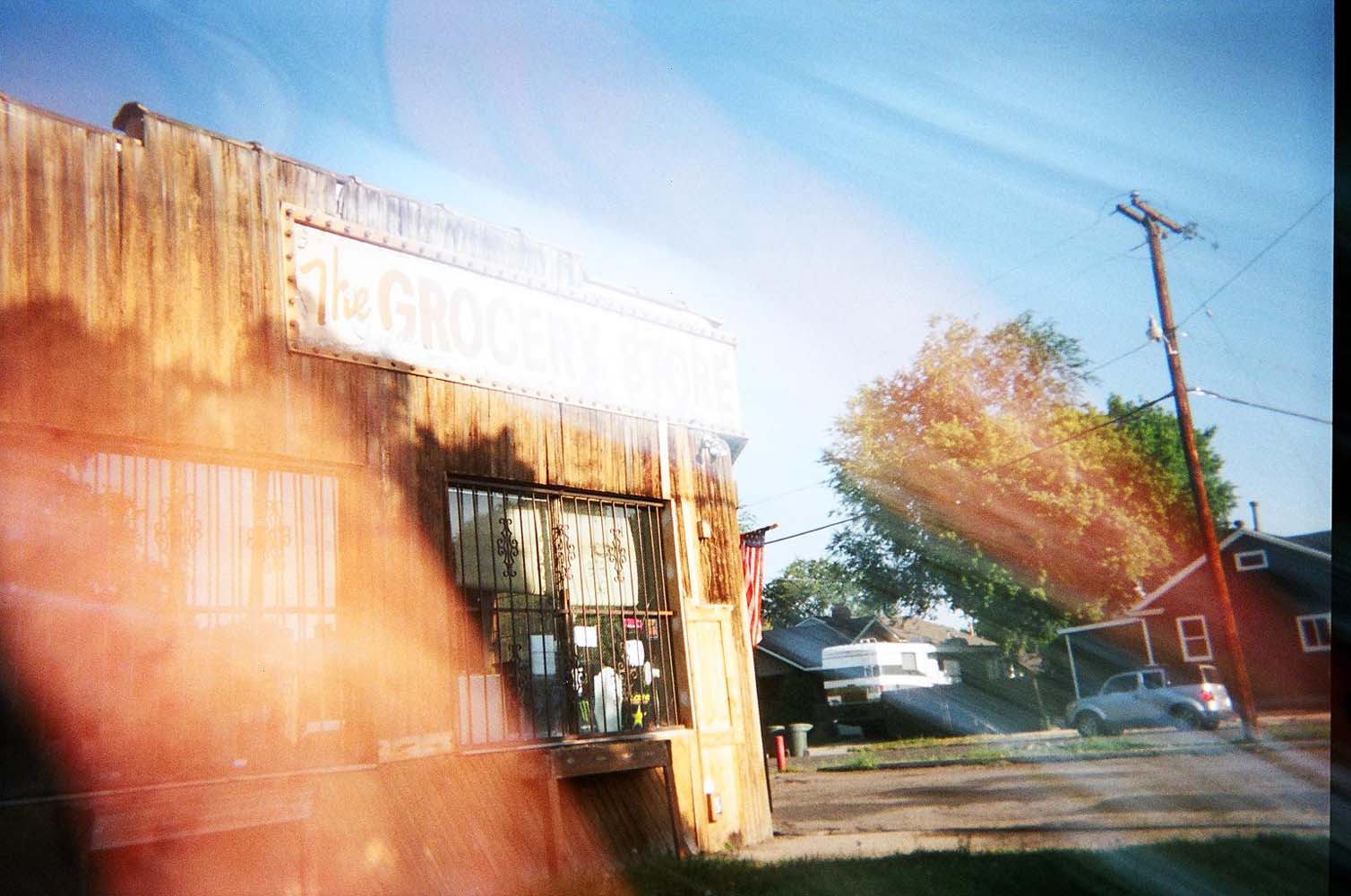
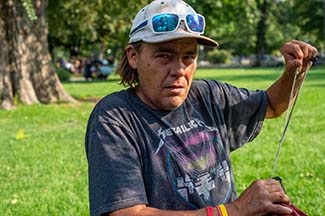


![(Brad Jensen | Special to the Tribune) [These are] my really good friends here,](https://i0.wp.com/photos.sltrib.com/projects/wp-content/uploads/2018/08/Brad-07.jpg?w=395&h=262)
